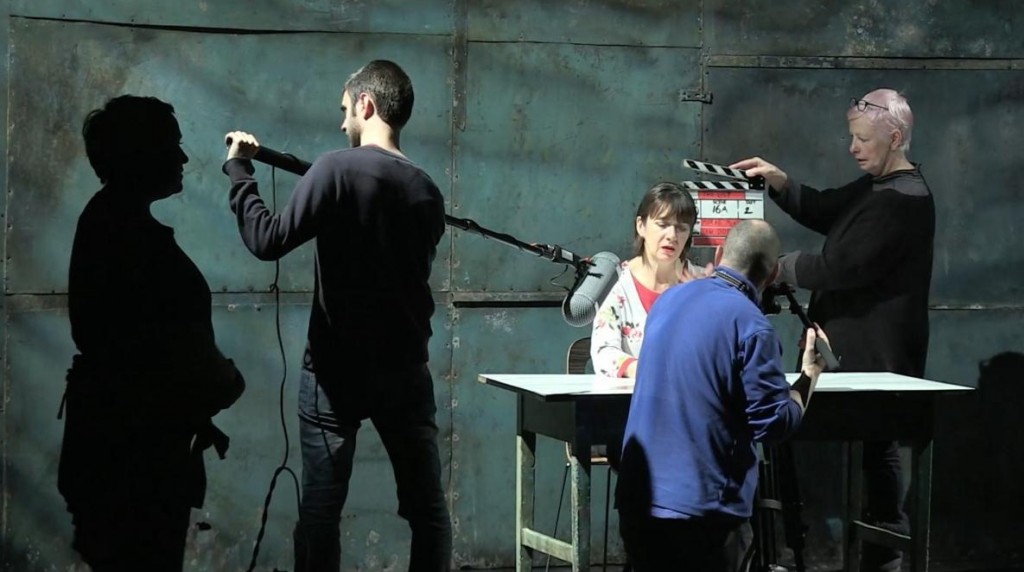In recent months the UK has seen several landmark reports launched on the ‘digital state of the nation’ – notably the TechUK Manifesto, the Number One in Digital report from Labour Digital and the government’s own Digital Inclusion Strategy.
There are three common themes that keep coming up time and again, and I think are particularly relevant to education and research:Connectivity: from superfast to ultrafastWe might once have chuckled at talk of the 'information superhighway' but it’s no exaggeration to say that network connectivity, bandwidth and latency is the 21st century’s road, river and rail.While all of the reports voiced aspirations for the UK to become one of the world’s moved technologically advanced nations, the reality is that we still sometimes struggle with even basic connectivity. This is particularly apparent if you live outside an urban area, where the economics of broadband and mobile delivery weigh heavily against you.the reality is that we still sometimes struggle with even basic connectivityThe basic connectivity gap is currently being addressed by the government through
Broadband Delivery UK, which aims to reach 95% coverage at superfast speeds (tens of megabits per second) by 2017. It’s an effective leveller – but what comes next? How do we then go from ‘super’ to ‘ultra’ fast and give the UK a competitive edge?One way that further and higher education institutions are finding they can extend the speeds in which they receive internet is by teaming up with tech-intensive firms, science parks and incubators.From my own experiences with the
Engineering and Physical Sciences Research Council’s (EPSRC) HPC Midlands, a supercomputing centre designed to drive innovation in research and industry, I know that connectivity speeds can make a huge difference.More partnerships between institutions and public and private organisations – like those we’re facilitating through our
business and community engagement programme – will further help this cause and strengthen the UK’s economic prospects.One big idea: Gigabit connectivity is a must for the next generation of data intensive spinouts and startups. Extending the government’s
Connection Vouchers as part of its
super-connected cities programme to include ultrafast gigabit broadband is the next logical step.Capability: building the skills baseThere are now a whole host of initiatives to help the estimated 6.5m UK citizens who lack basic digital skills or have trouble getting online. These include
DigitalSkills.com, which provides resources for teaching digital skills, a national network of over 5,000
UK online centres and
Get Online @ Home, an initiative supported by
Microsoft to provide affordable, internet-ready computers to eligible people.However, there is still a huge amount of work to be done if we want to make the UK a nation of digital experts, and hold on to our leading position. As Google's
Eric Schmidt said in his
well-received MacTaggart lecture, the UK “invented computing both in principle and in practice” but our “track record isn’t great".there is still a huge amount of work to be done if we want to make the UK a nation of digital expertsInstitutions often have the knowledge, expertise and clout to lead positive change at a local level. For example,
Times Higher Awards nominee IT4Free saw
De Montfort University work with local employers,
Leicestershire County Council and information technology company
HP.They used redundant buildings, donated hardware and student volunteers to create community IT suites in areas where less than 40% of the population had access to a computer. It is a great example of how ‘town and gown’ can come together to support the digitally disenfranchised.One big idea: A skills ‘booster jab’ that helps people build their knowledge. It could expand on the current
City & Guilds Online Basics assessment, which offers a basic introduction for the digitally excluded, and be delivered through the kinds of partnerships that we have seen with IT4Free.Catalysts: supporting innovationMany of the great technologies we take for granted today actually originated in the UK or are British inventions - such as
packet switched networking by
Donald Davies, the world wide web by
Tim Berners-Lee, and of course the role of Brits like
Alan Turing and
Tommy Flowers in the invention of the computer itself.If the UK wants to remain at the forefront of new technologies – including the Internet of Things, 3D printing and bioelectronics – we need to understand how we can best support new digital businesses as they start up or spin out.we need to understand how we can best support new digital businesses as they start up or spin outWe’ve been working with the
Connected Digital Economy Catapult and
Innovate UK to try and answer this question and figure out the role institutions can play.As well as enhanced connectivity, universities and colleges often have access to expensive specialised equipment and expertise that some businesses might find difficult to purchase or operate themselves. This ranges from wind tunnels and anechoic chambers to mass spectrometers and supercomputers. Opening up collaboration between business and education and research institutions can help support these sorts of innovations.One big idea: Institutions and industry should routinely share information with each other about their high value equipment, and devise ways of brokering access.This last one is something that we at Jisc think we can play a catalytic role. This autumn we are kicking off an equipment sharing pilot with ten universities for
Kit-Catalogue, an online system allowing organisations to catalogue, record and locate their equipment.We are also working with leading high performance computing (HPC) centres to make the research community’s supercomputing facilities available to industry and other institutions through a common contractual framework. You can find out more about both of these initiatives at the
Innovate UK conference from 5-6 November.I’d love to hear your thoughts about these ideas and initiatives, and whether there are any others you think we at Jisc should be looking at. Please do leave a comment or contact me on
m.hamilton@jisc.ac.uk and let me know what you think.
 » more
» more



